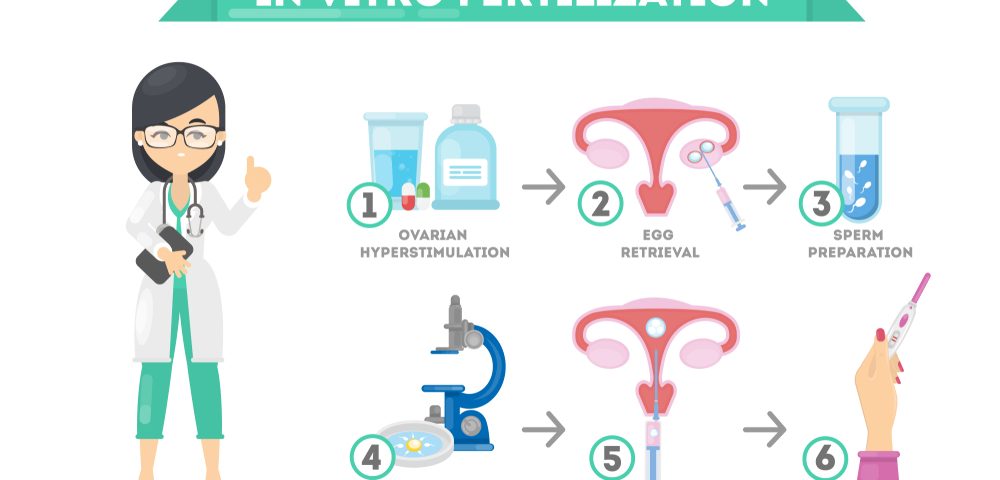
The IVF Bill in the Senate: What You Need to Know About This Big Debate
March 24, 2025IVF Treatment in Alabama: Everything You Need to Know and More
When you think of starting a family, you might picture cozy moments like picking out baby names over coffee or dreaming about your little one’s first steps. But for many folks in Alabama, that journey takes a detour through in vitro fertilization (IVF)—a process that’s equal parts science, hope, and grit. IVF isn’t just a medical procedure; it’s a deeply personal adventure filled with highs, lows, and a few surprises most people don’t talk about. Whether you’re curious about how it works, worried about the costs, or wondering what the latest Alabama laws mean for you, this article’s got your back. We’re diving deep—way beyond the basics—to uncover the stuff you won’t find in a quick Google search, like secret patient hacks, quirky clinic traditions, and the latest research shaking things up in 2025.
Let’s break it all down, step by step, so you can feel confident, informed, and maybe even a little excited about what’s ahead.
What Is IVF, Anyway?
IVF, or in vitro fertilization, is like a matchmaking service for eggs and sperm, but with a high-tech twist. Doctors take an egg from a woman, combine it with sperm in a lab, and then place the resulting embryo back into the uterus to grow into a baby. It sounds simple, right? But there’s so much more to it—especially in Alabama, where the process has its own unique flavor.
How It Works in Plain English
Imagine you’re baking a cake, but instead of mixing ingredients at home, you send them to a fancy lab where experts whip up the perfect batter. That’s IVF in a nutshell:
- Step 1: Doctors give you medicine to help your ovaries make more eggs.
- Step 2: They gently “harvest” those eggs (don’t worry, you’re asleep for this part!).
- Step 3: In a lab, the eggs meet the sperm—sometimes with a little help from a tiny needle.
- Step 4: The embryos grow for a few days, and then one (or more) gets placed in your uterus.
- Step 5: You wait, hope, and maybe cross your fingers for a positive pregnancy test.
The Alabama Twist
In Alabama, IVF hit the headlines in 2024 when the state Supreme Court ruled that frozen embryos are legally “children.” This shook things up big time—some clinics even paused treatments because they were scared of lawsuits. Fast forward to March 2025, and new laws have settled the dust a bit, giving doctors and patients more protection. But it’s still a hot topic, and folks here have strong feelings about it.
Why Alabama Families Turn to IVF
IVF isn’t just for one type of person—it’s a lifeline for all kinds of Alabamians chasing their family dreams. Here’s why people in the Yellowhammer State might choose it:
Who’s Using IVF?
- Couples with infertility: About 1 in 8 couples struggle to get pregnant naturally, according to the CDC. In Alabama, that’s thousands of hopeful parents every year.
- Same-sex couples: For LGBTQ+ folks, IVF opens doors to biological kids using donor eggs or sperm.
- Single parents by choice: More Alabama women are saying, “I don’t need a partner to be a mom,” and IVF makes it happen.
- Folks with medical challenges: Cancer survivors or people with genetic conditions often lean on IVF to build their families safely.
Real Stories, Real People
Take Sarah from Mobile—she’s 34, a nurse, and a total dog mom to her rescue pup, Max. After two years of trying naturally with her husband, they turned to IVF. “I never thought I’d be the one needing this,” she says, “but it felt like a secret club once I started—everyone’s rooting for you.” Then there’s James, a Birmingham dad who used IVF with donor eggs after his wife’s early menopause. “It was weird at first, but now our son’s here, and I’d do it all again,” he laughs.
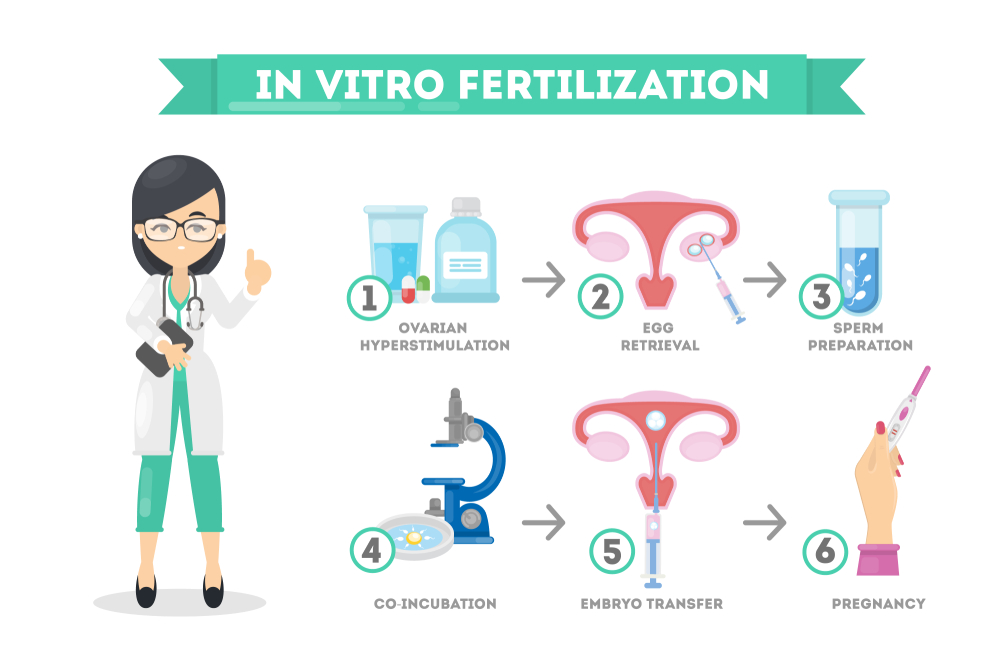
The Emotional Rollercoaster of IVF
IVF isn’t just needles and lab visits—it’s a wild ride for your heart and mind. Most articles skim over this, but let’s get real about what it feels like.
The Highs
- That first ultrasound: Seeing a tiny heartbeat after weeks of waiting? Pure magic.
- Community vibes: Alabama clinics often have support groups where patients swap tips—like bringing fuzzy socks for cold exam rooms or binge-watching The Office to stay calm.
The Lows
- The waiting game: The “two-week wait” between embryo transfer and pregnancy test is brutal. One patient told me she rearranged her pantry three times just to keep busy!
- Setbacks: Not every cycle works. About 50% of IVF attempts lead to a live birth for women under 35, per the American Society for Reproductive Medicine (ASRM), and those odds drop with age.
Secret Coping Tricks
Patients get creative:
- ✔️ Pineapple core: Some swear eating this after a transfer boosts implantation (no hard science, but it’s a fan favorite).
- ❌ Over Googling: “I had to stop searching ‘IVF success rates’ at 2 a.m.,” says Sarah. “It just made me crazy.”
The Alabama IVF Scene: What’s Different Here?
Alabama’s IVF world has its own quirks—some practical, some downright surprising. Let’s peel back the curtain.
Top Clinics to Know
- Alabama Fertility Specialists (Birmingham): Known for letting husbands watch egg retrievals—a rare perk that makes couples feel like a team.
- University of Alabama at Birmingham (UAB): A big player with cutting-edge tech, but they paused treatments in 2024 after the embryo ruling.
- Center for Reproductive Medicine (Mobile): Super experienced, though they’re still cautious about restarting full services post-law changes.
Fun Clinic Traditions
- At Alabama Fertility, they ring a bell when someone “graduates” with a pregnancy—patients say it’s like a mini celebration in a tough journey.
- Some embryologists doodle tiny hearts on petri dish labels for good luck—yep, even the lab folks have a soft side!
The Legal Drama
That 2024 ruling? It came from a case where a patient accidentally dropped embryos at a Mobile clinic. The court said those embryos were “children,” sparking chaos. A new law in March 2024 gave clinics immunity from lawsuits, but here’s the catch: it didn’t fully settle whether embryos are legally people. Dr. Mamie McLean, a Birmingham fertility specialist, told NPR, “We’re still navigating a gray area—patients need clarity, not just us.” Clinics are back in action as of March 2025, but some families worry about future curveballs.
How Much Does IVF Cost in Alabama?
Let’s talk money—because IVF isn’t cheap, and Alabama’s prices have their own story.
Breaking Down the Numbers
- One cycle: $12,000–$15,000, not counting meds (add $3,000–$5,000 for those).
- Extras: Genetic testing? Tack on $2,000. Frozen embryo storage? About $500 a year.
- Insurance: Alabama doesn’t mandate IVF coverage, so most folks pay out of pocket. Only a few lucky ones with big employers get help.
Hacks to Save Cash
- ✔️ Shared risk programs: Some clinics refund part of your fee if IVF fails after multiple tries—check with Alabama Fertility for this.
- ✔️ Fertility loans: Companies like CapexMD offer financing with decent rates.
- ❌ Skipping steps: Don’t cut corners on meds or monitoring—it’s tempting but risky.
A Hidden Cost: Time Off Work
IVF means appointments galore—think 8–12 visits per cycle. For hourly workers in Alabama, that’s lost wages. “I burned through my vacation days,” says James. “Plan ahead if you can.”
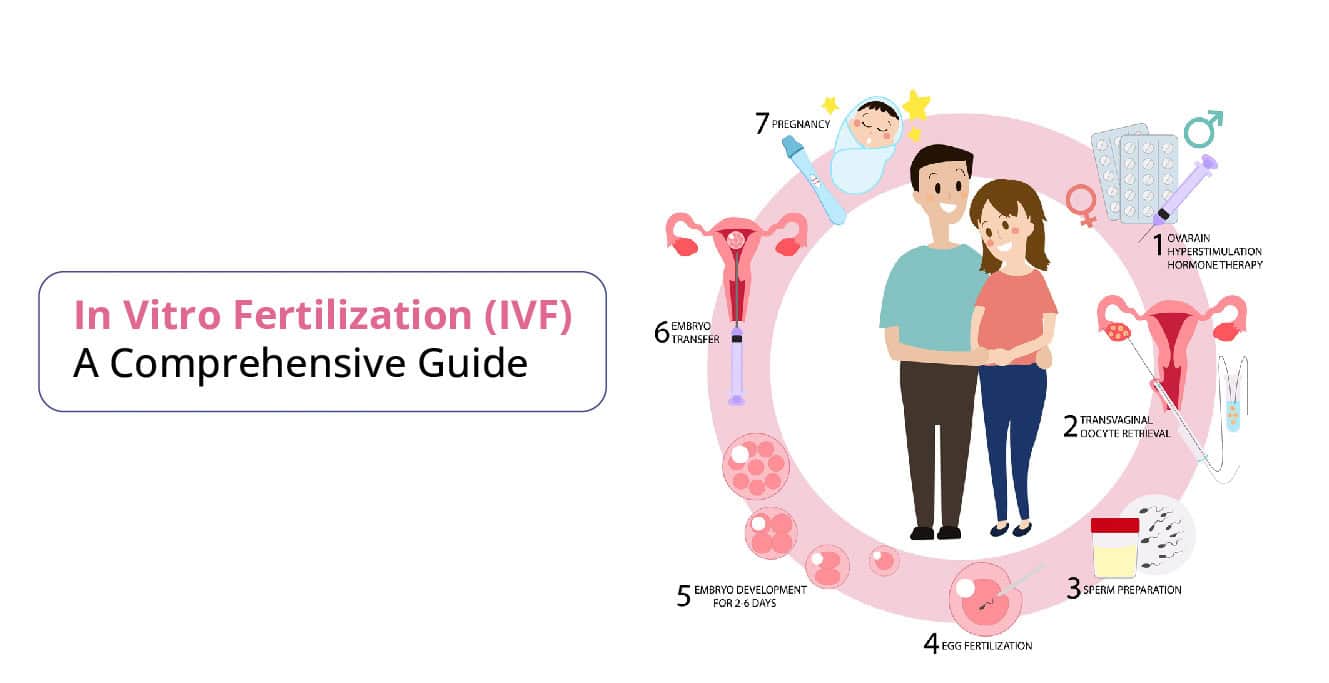
The Science Behind IVF: What’s New in 2025?
Science moves fast, and IVF’s no exception. Here’s the latest scoop that could change your game plan.
Fresh vs. Frozen Embryos
Old-school thinking said fresh embryo transfers were best, but 2025 data flips that:
- A study from the ASRM found frozen transfers have a 5–10% higher success rate for women with conditions like PCOS (common in Alabama thanks to our love for fried everything!).
- Why? Freezing lets your body recover from egg retrieval hormones before implantation.
Genetic Testing Gets Smarter
Pre-implantation genetic testing (PGT) checks embryos for issues like Down syndrome. New tech in 2025 cuts costs by 15% and boosts accuracy, per a Johns Hopkins report. It’s a game-changer for older parents or those with family health worries.
AI in the Lab
Some Alabama clinics are testing AI to pick the healthiest embryos. Early results? Up to 20% better odds of picking a winner, says a 2024 Fertility and Sterility study. “It’s like having a super-smart wingman,” quips Dr. Beth Malizia from Alabama Fertility.
Step-by-Step: Your IVF Journey in Alabama
Ready to dive in? Here’s your roadmap, Alabama-style.
Step 1: Find Your Clinic
- Ask around: Word of mouth beats a glossy website. Chat with friends or join Alabama IVF Facebook groups.
- Visit: Tour the clinic—do they vibe with you? Are the staff warm or rushed?
Step 2: First Appointment
- Bring your partner (if you have one) and a notebook.
- Expect blood tests, ultrasounds, and a deep dive into your health history.
Step 3: Meds and Monitoring
- You’ll take shots for 10–14 days—yes, it’s a lot, but you’ll get the hang of it.
- Pro tip: Ice the spot first to numb it, a trick from Birmingham patients.
Step 4: Egg Retrieval
- Done under light sedation, takes 20 minutes.
- Afterward, rest up—Alabama folks say a good BBQ sandwich helps recovery!
Step 5: Transfer and Wait
- Transfer’s quick and painless—think 5 minutes.
- Then, the two-week wait. Stock up on distractions: Netflix, puzzles, or a new hobby like knitting.
IVF Success Rates: What to Expect in Alabama
Success isn’t guaranteed, but knowing the odds helps. Here’s the real deal.
By the Numbers
- Under 35: 50–55% chance of a baby per cycle (ASRM data).
- 35–40: Drops to 35–40%.
- Over 40: Around 15–20%, though donor eggs bump it back up.
Alabama’s Edge
Smaller clinics here sometimes batch cycles (doing IVF in bursts every few months), which can sharpen focus and boost lab quality. A 2023 study showed these “batchers” had a 7% edge in success over big, nonstop programs.
Boost Your Chances
- ✔️ Stay chill: Stress tanks your odds—try yoga or a walk by the Gulf.
- ❌ Don’t smoke: It cuts success by 30%, per the CDC.
The Legal Lowdown: IVF in Alabama Today
That embryo ruling still looms large. Here’s where we stand in March 2025.
What the Law Says
- Immunity: Clinics and patients can’t be sued for embryo loss during IVF, thanks to the 2024 fix.
- Gray area: Are frozen embryos still “children”? The law dodged that question, leaving some experts antsy.
What It Means for You
- Clinics are open, but some limit how many embryos they freeze, just in case.
- “Patients are asking, ‘What if the rules change again?’” says Dr. Cecil Long from Alabama Center for Reproductive Medicine. “We’re honest: we don’t know yet.”
Future Watch
Keep an eye on the Alabama legislature—rumors swirl about a bigger fix in 2026. For now, IVF’s safe, but stay plugged in.
Insider Tips from Alabama IVF Veterans
Who better to guide you than folks who’ve been there? Here’s their wisdom.
Practical Hacks
- ✔️ Meal prep: Hormones zap energy—stock your freezer with easy dinners.
- ✔️ Buddy up: Find an IVF pal to swap stories (and maybe babysit each other’s pets).
- ❌ Don’t isolate: “I hid from friends at first,” Sarah admits. “Big mistake—support’s everything.”
Quirky Rituals
- Some Mobile patients plant a seed (literal or symbolic) post-transfer for good vibes.
- In Huntsville, there’s a tradition of wearing lucky socks to retrieval—stripes are a fave!
Busting IVF Myths
Lots of rumors float around Alabama—let’s set the record straight.
Myth #1: IVF Babies Are “Unnatural”
- Nope! They’re just conceived with a little lab help. Same DNA, same love.
Myth #2: It’s Only for Rich People
- Not true—financing and grants (like from Baby Quest) make it doable for more folks.
Myth #3: It Always Works First Try
- Wishful thinking! Most need 2–3 cycles, especially over 35.
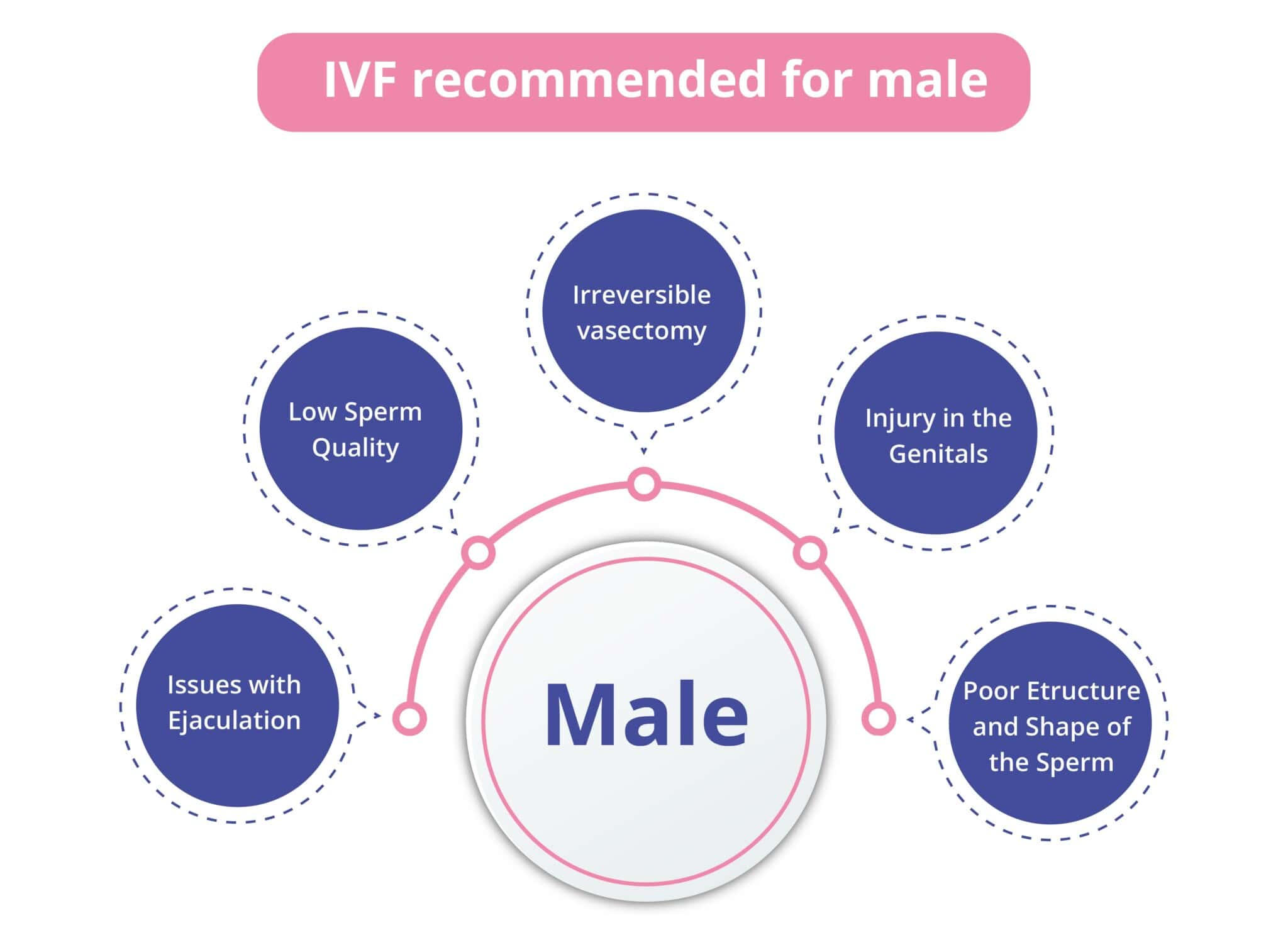
Your IVF Support Squad in Alabama
You’re not alone—here’s who’s got your back.
Local Resources
- Resolve Alabama: A nonprofit with meetups and hotlines for emotional support.
- Clinic counselors: Most offer free sessions—UAB’s team is top-notch.
Online Gems
- Reddit’s r/infertility: Real talk from people worldwide.
- Alabama IVF Moms on Facebook: Local tips and pep talks.
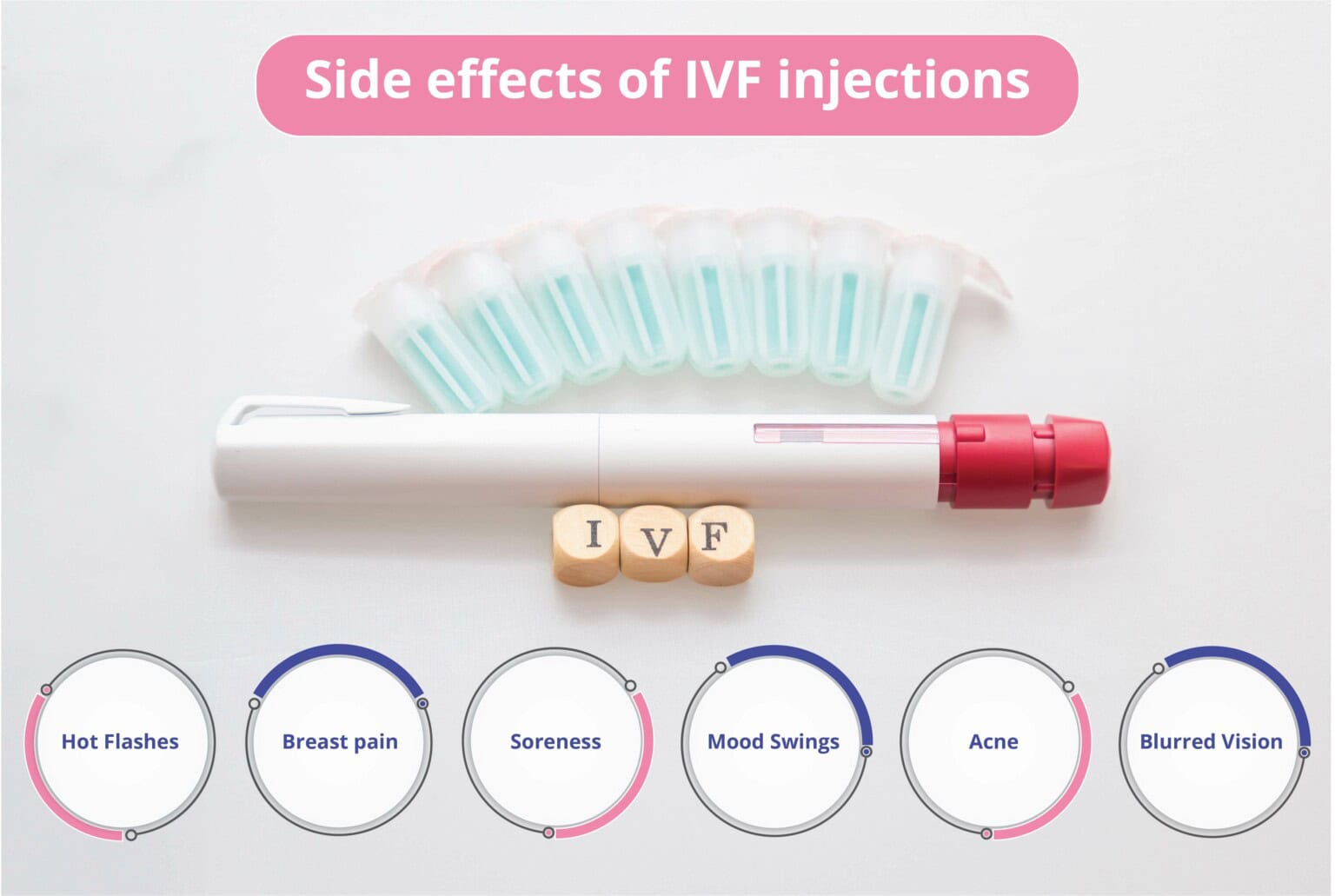
What’s Next for IVF in Alabama?
The future’s bright but bumpy. Here’s what’s on the horizon.
Tech Trends
- Mini-IVF: Lighter on meds, easier on wallets—coming to more clinics soon.
- Stem cell boosts: Early research hints at reviving egg quality for older women.
Policy Shifts
- Advocates push for insurance mandates—could cut costs by 2027 if it passes.
Let’s Chat: Your Turn!
IVF’s a big deal, and we’ve covered a lot—costs, emotions, laws, and more. What’s on your mind? Drop a comment below:
- Ever tried a weird IVF trick that worked?
- Got a question about Alabama clinics?
- Just need to vent? We’re here.
Your story matters—share it, and let’s keep this conversation going. Who knows? You might inspire the next Alabama IVF success story!
